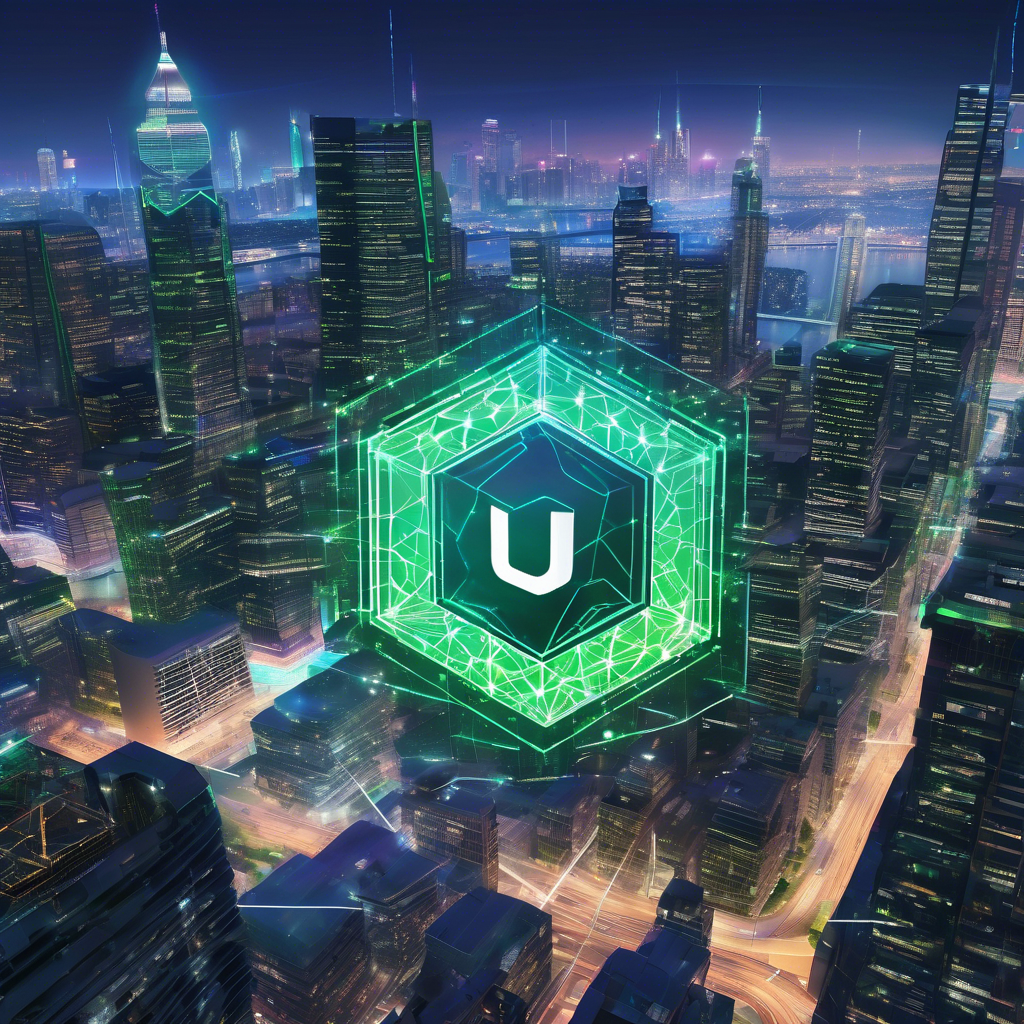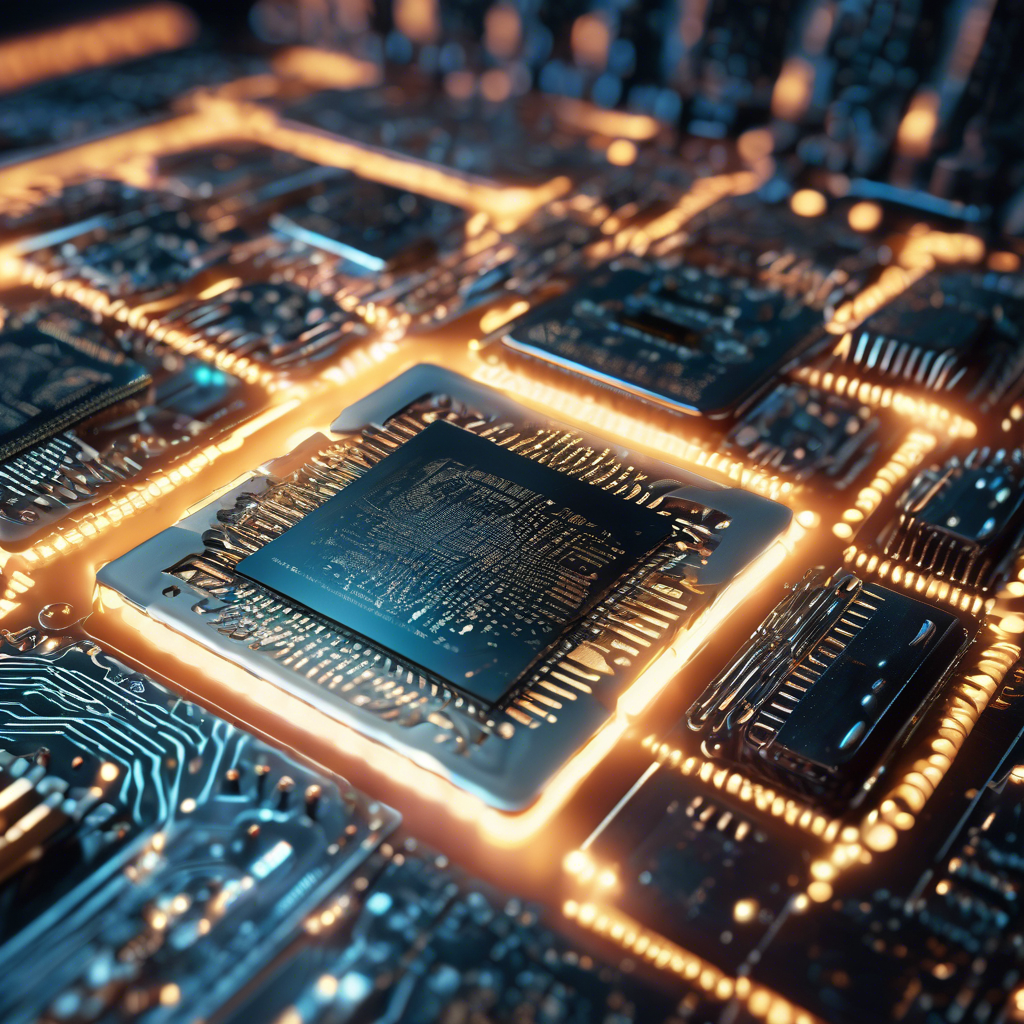Quantum Computing Threatens Crypto Security: Slow Governance Risks Blockchain Vulnerabilities

Quantum computing presents a significant threat to crypto, with sluggish governance mechanisms risking blockchain vulnerabilities, says Colton Dillion, co-founder of Quip Network, which offers quantum-proof vaults for digital asset storage. Although still nascent, quantum computing—leveraging quantum states of subatomic particles for calculations instead of traditional transistors and binary code—is advancing rapidly, with companies like Google and Microsoft actively pursuing R&D. The objective is a dramatic boost in processing speed that simplifies complex tasks such as breaking encryption protecting blockchains. Once quantum computing becomes accessible, attackers are unlikely to reveal themselves immediately. “The threat won’t begin with Satoshi's keys being stolen, ” Dillion explained in an interview. “Quantum attacks will be subtle, quiet, and gradual—like whales discreetly moving funds. By the time the community notices, it will be too late. ” Dillion envisions a doomsday scenario involving a quantum-enabled double-spend attack. Quantum computing could theoretically reduce the mining power needed for a classic 51% attack to approximately 26%, he noted. “So now you've compromised the 10, 000 largest wallets. You rewind the blockchain, liquidate those wallets, then double-spend all the transactions—this is the real nuclear bomb, ” he described. The industry, naturally, is striving to develop solutions. For example, Bitcoin developer Agustin Cruz proposed QRAMP, a Bitcoin Improvement Proposal (BIP) mandating a hard-fork migration to quantum-secure addresses.
Meanwhile, quantum startup BTQ suggests replacing proof-of-work consensus entirely with a quantum-native approach. However, these proposals require community consensus, and blockchain governance—through mechanisms like Bitcoin Improvement Proposals (BIPs) and Ethereum Improvement Proposals (EIPs)—is typically fraught with politics, causing prolonged, cautious decision-making. For instance, the Bitcoin community’s recent decision on the OP_RETURN function took years, with extensive developer debates over appropriate blockchain use. Similarly, Ethereum’s upgrades, including the Merge, encountered lengthy discussions and delays. Dillion asserts that slow governance leaves crypto exposed because quantum threats evolve faster than protocols can adapt. “Everyone tries to manage this top-down via BIPs or EIPs to secure broad agreement, but that’s a heavy lift, ” he said. Quip Network’s quantum-proof vaults aim to bypass political gridlock by enabling immediate user-level adoption, eliminating the need for protocol upgrades. These vaults employ hybrid cryptography, combining classical cryptographic standards with quantum-resistant methods, ensuring security independent of blockchain protocols. Effectively, they allow whales—holders of vast cryptocurrency amounts—to safeguard their assets while governance mechanisms catch up. He stresses that crypto communities cannot afford slow deliberations. “The BIP and EIP processes work well for governance but are poor for rapid threat response, ” Dillion said. “When quantum arrives, attackers won’t wait for consensus. ” Colton Dillion is speaking at the IEEE Canada Blockchain Forum, part of Consensus 2025 in Toronto. The IEEE is a Knowledge Partner of Consensus.
Brief news summary
Quantum computing poses a rising threat to blockchain security, warns Colton Dillion, co-founder of Quip Network, which develops quantum-resistant digital asset vaults. Although still emerging, rapid progress by companies like Google and Microsoft could soon break current blockchain encryption. Dillion highlights that quantum attacks will be gradual and hard to detect early, risking serious issues like widespread double spending due to weakened mining power. Efforts to strengthen blockchain security, including Bitcoin’s QRAMP and BTQ’s quantum-native consensus protocols, face challenges from slow, politicized governance processes. To counter this, Quip Network provides hybrid cryptographic vaults offering immediate, user-level protection that bypasses lengthy protocol upgrade delays. Dillion emphasizes that traditional upgrade methods are inadequate against accelerating quantum threats and urges proactive defenses to safeguard digital assets before vulnerabilities are exploited.
AI-powered Lead Generation in Social Media
and Search Engines
Let AI take control and automatically generate leads for you!

I'm your Content Manager, ready to handle your first test assignment
Learn how AI can help your business.
Let’s talk!

House Republicans include a 10-year ban on US sta…
House Republicans have added a highly controversial clause to a major tax bill that would ban state and local governments from regulating artificial intelligence (AI) for ten years.

Polish Credit Bureau to Implement Blockchain for …
The Polish Credit Office (BIK), known as the largest credit bureau in Central and Eastern Europe, has recently announced a strategic partnership with UK-based fintech company Billon to integrate blockchain technology into its customer data storage systems.

Elon Musk's AI company says Grok chatbot focus on…
Elon Musk’s AI company, xAI, has admitted that an “unauthorized modification” caused its chatbot, Grok, to repeatedly post unsolicited and controversial claims about white genocide in South Africa on Musk’s social media platform, X. This admission has sparked extensive debate over potential AI bias, manipulation, and the need for transparency and ethical oversight in AI technologies.

FirstFT: AI groups invest in building memory capa…
Major AI companies such as OpenAI, Google, Meta, and Microsoft are intensifying efforts to develop and improve memory capabilities in their AI systems, marking a significant advancement in AI technology.

JPMorgan Settles OUSG Tokenized U.S. Treasuries o…
JPMorgan Chase has completed its first transaction on a public blockchain by settling tokenized U.S. Treasuries through its Kinexys platform, which connected to Ondo Finance's public blockchain using Chainlink's technology.

U.S., UAE agree on path for Emirates to buy top A…
ABU DHABI, United Arab Emirates — The U.S. and the United Arab Emirates are collaborating on a plan that would allow Abu Dhabi to purchase some of the most advanced American-made semiconductors for its AI development, U.S. President Donald Trump announced Friday from the Emirati capital.

Timeline of wealth: Navigating AI, blockchain, gr…
Preparing your Trinity Audio player...

 Auto-Filling SEO Website as a Gift
Auto-Filling SEO Website as a Gift








 Auto-Filling SEO Website as a Gift
Auto-Filling SEO Website as a Gift

